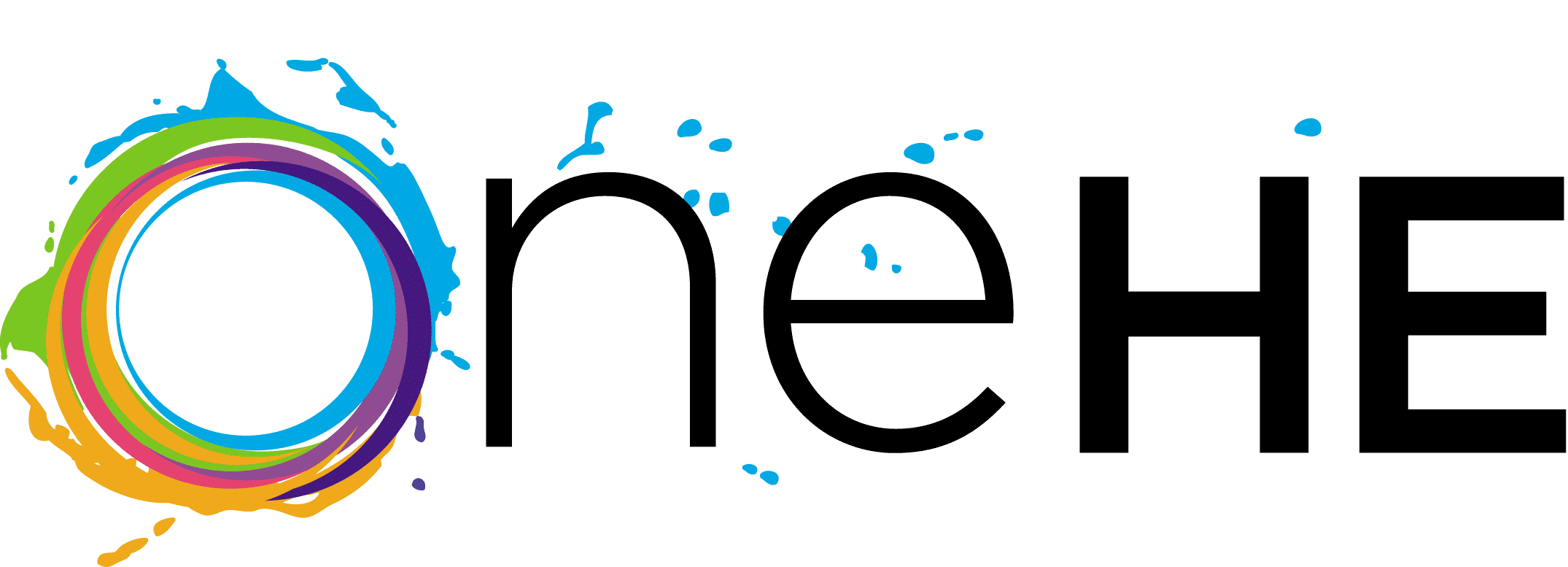Click here to view the video transcript
In short, academic integrity is really assuring that the work that your students do for an academic assignment is their own work, or that they’re giving appropriate credit to those who might have assisted them or where they got information. But academic integrity really goes beyond the individual though. A lack of academic integrity reduces the integrity of the grade, the degree, or their certificate that a student is working towards. The goal through proactive measures is to ensure that the student is really learning the material. And we will call that authentic learning.
Many of our students that you’re working with are working toward that degree or certificate, and we have to uphold the integrity of that degree. Now for my institution specifically, students wanting to uphold the integrity of the degree and holding other students accountable is the reason why we even have an honor and integrity system. Your class and your institution’s reputations are on the line with the degrees and certificates awarded by your institution. Therefore, we must all work while our students are in the classroom and learning with us to teach them about ethics and integrity.
Now, based on the work of the International Center for Academic Integrity (ICAI), the six fundamental values must be focused on. Again, those values are honesty, trust, fairness, respect, responsibility, and courage. Having educational institutions instill and discuss these values with students really do assist them in learning ethical decision-making while they’re a student and that builds into when they enter the workforce. These values are important at all levels of the institution, from the administration to the faculty and educators, to the students.
Now, there is a downloadable publication about the fundamental values on the ICAI website, where you actually get examples of what do these values look like when an administrator uses them, when faculty use them, and when students use them. It is inevitable that some students will choose to be academically dishonest at some point during their career, but engaging in conversations about academic integrity and integrity in general, are constant reminders for the students to make appropriate choices when it comes to their assignments.
Part of an educator’s role is to hold students accountable. And by holding students accountable, we’re able to converse with them and talk with them and talking about academic integrity early and regularly. There will be many students in your class that do constantly make the correct choice, the right choice, and educators will not have to do the extra work of holding those students accountable for their poor actions.
Now, discussion of integrity can also mirror the classroom discussion and facilitation of diversity, equity, and inclusion in the classroom. When an educator is attempting to make a classroom a safe environment, a respectful environment, an inclusive learning environment, integrity has to be discussed as well. Students have also told us that when they respect each other and they respect the educator, they’re less likely to be academically dishonest. In the same realm, when the classroom community has mutual respect among and between students, the students are also less likely to be academically dishonest.
So it’s very important to remember that even though what the student might think is affecting only themself being academically dishonest, it really does affect everybody in the classroom and then also affects the integrity of the degree or the certificate that they’re working toward. Now, one important thing to note is that when I am talking about academic integrity, I’m thinking about academic integrity both in the online environment and the face-to-face environment. While there are many differences on how you teach students and the assessment of students versus online and face-to-face, the same ideas of integrity go beyond both.
It is inevitable that some students will choose to be academically dishonest at some point in their career. Engaging in conversations about academic integrity and integrity in general are constant reminders for the students to make the appropriate choice when it comes to their assignments. Part of an educator’s role is to hold students accountable for their actions, and by conversing about academic integrity early and regularly, there will be some students who will consistently make the right choice and educators will not have the “extra” work of holding the student accountable for the poor actions.
Discussion of integrity can very much mirror the classroom discussion and facilitation of diversity, equity, and inclusion in the classroom. When an educator is attempting to make the classroom a safe, respectful, inclusive learning environment, integrity must be discussed as well. Students have also told us that when they respect the educator, they are less likely to be academically dishonest. In the same realm, when the classroom community has mutual respect among and between students, the students are less likely to be academically dishonest.


Discussions
What techniques do you use to create a climate of trust and respect in your classroom?
Please share your thoughts and questions in the comments section below.